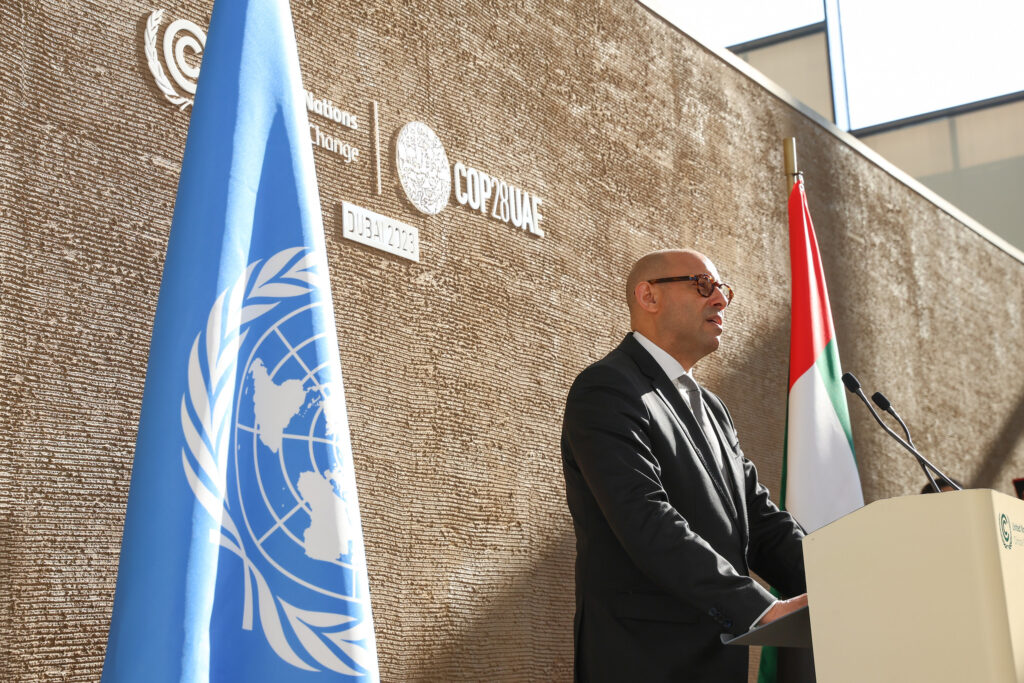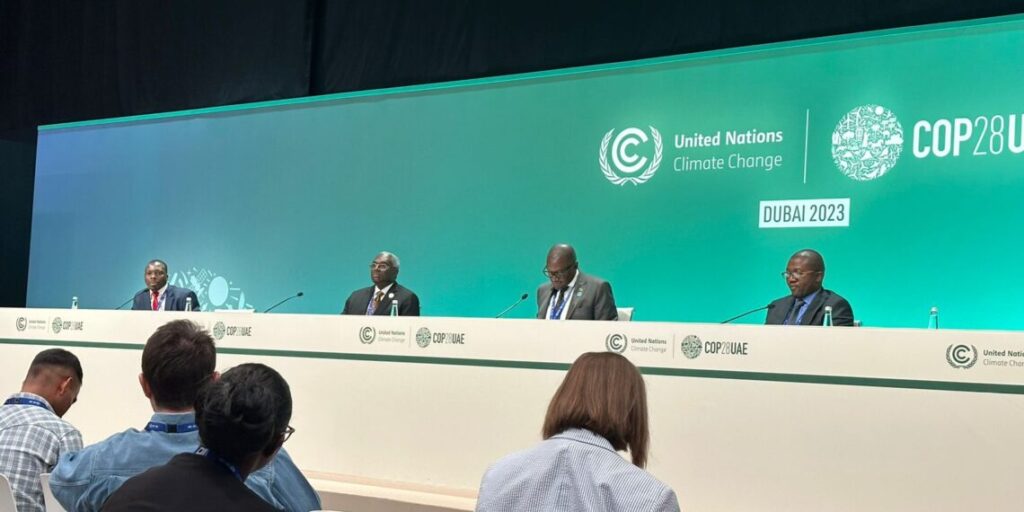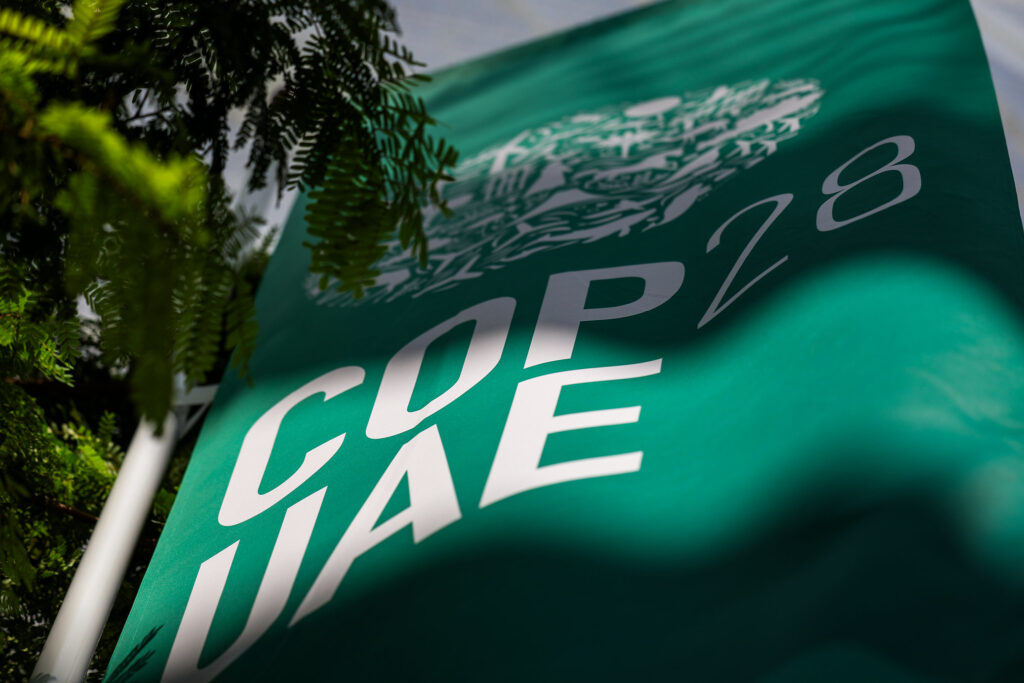Dar es Salaam. The African Group of Negotiators on Climate Change (AGN) doubted whether the 28th meeting of Parties to the United Nations Convention on Climate Change (UNFCCC-COP28) will meet Africa’s expectations, as there are only hours left before the meeting is over.
The ongoing meeting in Dubai is expected to end on December 12, 2023, and the AGN expressed concern that negotiations on the Global Goal on Adaptation (GGA) are not progressing as expected.
“We expect a robust framework on GGA outcomes as the work program comes to a close at this session. We are disappointed by the lack of progress on this important issue in the first week,” noted Collins Nzovu, Minister of Green Economy and Environment of Zambia, as Chair of the AGN.
According to him, the African Group was determined to ensure that COP28 delivers a fair and balanced global stocktake that catalyzes greater ambition across all elements of climate action, such as adaptation, loss and damage, mitigation, and means of implementation centered on equity and a just transition.
“The work program aimed at promoting sustainable development and climate finance, where developed countries make meaningful financial commitments, both in quality and quantity, based on their obligations under the climate convention as well as the Paris Agreement (COP21-2015)” he added.

However, UN Climate Change Executive Secretary Simon Stiell noted that “negotiators have a chance, right here in Dubai over the next 24 hours, to start a new chapter—one that really delivers for people and planet”.
He added that the highest climate ambition means more jobs, stronger economies, stronger economic growth, less pollution, and better health. Much more resilience, protecting people in every country from the climate wolves at our doors.
“Secure, affordable, safe energy for all through a renewable energy revolution that leaves no country or community behind, instead leaving our dependence on fossil fuels behind,” he added.
Other concerns raised by AGN representative Collins Nzovu were that in these meetings, Africa needs measures to help deal with climate change and the strength of the loss and damage fund that was established at COP27.
“We support the efforts of which this year for the first time we received many pledges, and until now it is estimated that the fund has US$ 800 million (Sh2 trillion), but is it enough? It is by far not enough at all,” he added.
Speaking about the funds, Lecturer Center for Climate Change Studies, University of Dar es Salaam Professor Pius Yanda said it is a good start, but he doubted the implementation and further said the amount is very small.
“Give an example of the damage we are experiencing in Tanzania due to the damage to the infrastructure of bridges or roads. How much money do we need? Also, the pledges are often not implemented,” he said, adding that the money is not enough even for Tanzania alone. He gave the example of the promise of $100 billion (Sh250 trillion) every year (since 2009), but its implementation has not been seen.
Focusing on that, Professor of Economics at Denison University in South Africa (on leave) and climate change activist Fadhel Kaboub said climate finance is a climate debt owed by the historic polluters of the Global North to the Global South countries that are on the front lines of climate change.
“The Global North is in default and is refusing to pay its debt. If you owe me $100 billion, you are supposed to pay me. Instead, you give me a $10 loan with conditionalities to control how I use my money,” he said.
Kaboub added, “You give me another $10 in exchange for having control over my forests (aka carbon markets). You invest another $10 in green electricity that I must export to you on favorable terms. You outsource another $10 worth of low value-added manufacturing to produce cheap consumer goods for you”.
The professor further noted that “none of this should count as climate finance. It is a climate debt default greenwashed with neocolonial debt traps”.
Meanwhile, the representative of AGN, Nzovu, said at the summit that AGN should design a robust and comprehensive work program, including elements, scope, and modalities, that recognizes the different pathways for achieving the goals of the Paris Agreement, which aim at maintaining the global temperature below 1.5 degrees Celsius by 2030.
He concluded that “we look forward to engaging constructively with all parties for a successful outcome of COP28”.

This story was produced with support from MESHA and the IDRC Eastern and Southern Africa office.


